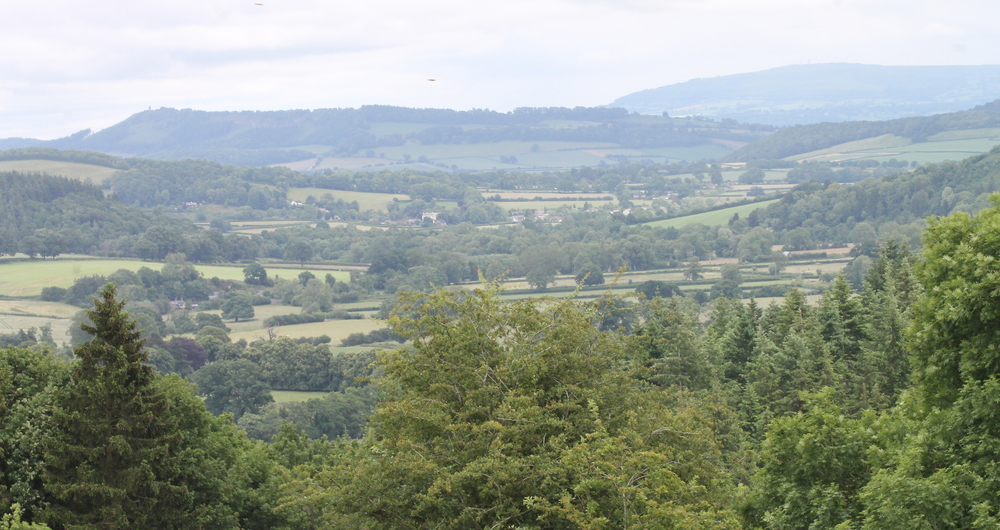1. Bye bye BPS:
Defra has reaffirmed its plans to move away from direct payments and confirmed how much BPS payments will be reduced from 2021 to 2024.
| Payment Band | 2021 scheme year | 2022 scheme year | 2023 scheme year | 2024 scheme year |
|---|---|---|---|---|
| <= £30,000 | 5% | 20% | 35% | 50% |
| £30,000 to £50,000 | 10% | 25% | 40% | 55% |
| £50,000 to £150,000 | 20% | 35% | 50% | 65% |
| > £150,000 | 25% | 40% | 55% | 70% |
| Cumulative total amount to be redirected into delivering other schemes for farmers | £169 - 179m | c£427 - 447m | c£703 - 733m | c£970 - 1,010m |
2. Grants for productivity:
As part of work to help English farmers maintain and improve productivity, Defra is launching two new schemes for applications in autumn 2021 under the title Farming Investment Fund. There will be a small and large grant scheme that will operate under this heading.
3. ELMs is emerging:
ELMs is due to start in 2024 and will have three elements:
- Sustainable Farming Incentive – available to all farmers;
- Local Nature Recovery – to improve the local environment;
- Landscape Recovery – larger scale, long term projects.
In early 2021, Defra will set out more detail on the specific types of land management action that it plans to pay for and how it will set payment rates. Prior to that, Defra is working with around 3,000 farmers to develop the schemes through tests and trials, with up to 5,500 farmers expected to participate in national pilots over a three-year period. Phase one of the pilots will be launched in 2021 and involve 1,000 farmers.
4. Delinking payments and leaving farming:
Defra’s current intention is for direct payments in the form of BPS to become delinked in 2024. It is also proposing to offer a lump sum exit scheme in 2022 in place of any further BPS and delinked payments to help farmers who wish to leave the industry to do so.
5. Reforming regulation:
Defra says that by 2028 farmers will be meeting clear, relevant, and outcome-focused legal standards that champion UK food internationally, prevent environmental harm, protect biosecurity and protect animal welfare.
By that time, Defra will have a reformed regulatory regime for agriculture that will give a clear distinction, and coherent relationship between the basic requirements farmers are obliged to meet by law, and scheme standards where they are paid to go beyond this minimum.
Member briefings:
Looking for content specific to ELMs? The scheme and its timelines are covered in this briefing.
Tenant farmers: Download our tenant focused ATP briefing here.
Get more information on pests, pesticides and plant health here.
Find out what the ATP says about tree planting and tree health here.
These briefings are accessible to NFU members only and you will be asked to log in.
How to log in: Use your membership number or the email address associated with your membership to log in. If you've forgotten your password, you can click here to reset it or contact NFU CallFirst on 0370 845 8458.
Find out what the NFU says about this in our initial reaction to the plan.
Why is Defra doing this?
Defra wants to see:
• A renewed agricultural sector, producing healthy food for consumption at home and abroad, where farms can be profitable and economically sustainable without subsidy.
• Farming and the countryside contributing significantly to environmental goals including addressing climate change.
Find out more about the Agricultural Transition Plan:
- NFU President Minette Batters' initial reaction to the plan's launch
- Media coverage - round-up of press appearances
- On Gov.UK - the plan in full
- The AHDB has a Business Impact Calculator on their website here.
- BPS news and information on NFUonline

